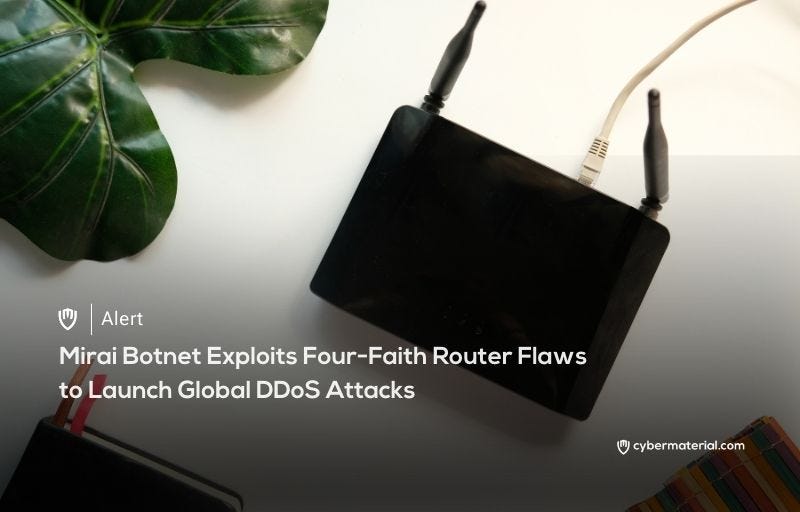
A Mirai botnet variant, known as “gayfemboy,” has been exploiting a recently disclosed security flaw in Four-Faith industrial routers since November 2024 to carry out distributed denial-of-service (D…

A Mirai botnet variant, known as “gayfemboy,” has been exploiting a recently disclosed security flaw in Four-Faith industrial routers since November 2024 to carry out distributed denial-of-service (D…